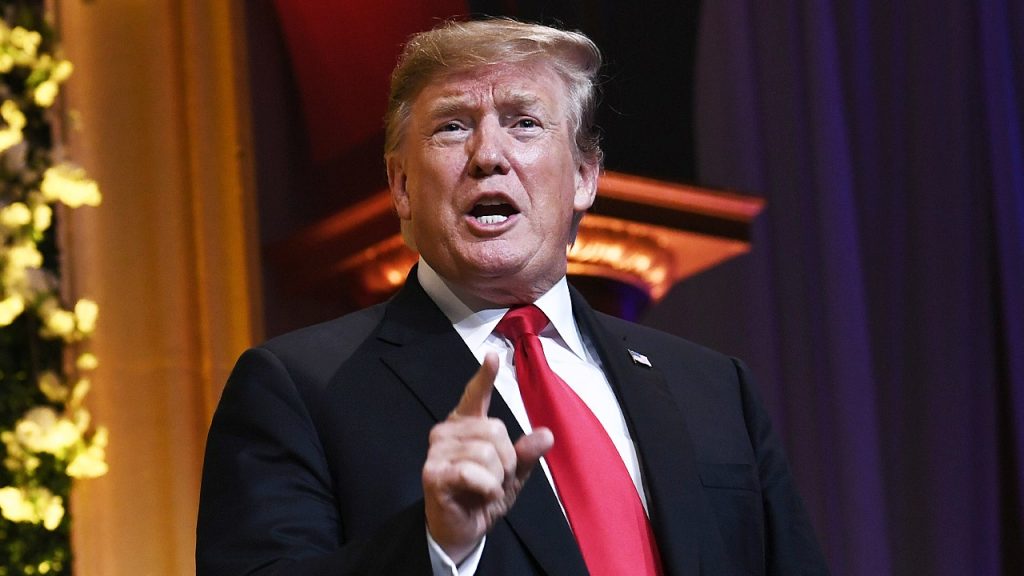The Trump campaign issued a scathing response to Politico’s reporting that claimed China would prefer former President Trump to be back in the White House and is assisting to make that happen. The report suggested that Trump’s tough stance against China during his time in office could potentially benefit China strategically if he were to return to power. The article cited experts who believed that a second Trump presidency could create opportunities for China’s expansion plans, as well as benefit from Trump’s dealmaking nature, which may overlook national security concerns. The Trump campaign criticized the report, asserting that China has grown stronger under the Biden administration, with the implication that a Biden presidency is detrimental to American interests and security.
The Politico article also alleged that covert Chinese social media accounts have been pretending to support Trump, sharing pro-MAGA content and criticizing President Biden. The New York Times published a similar piece claiming that China’s motivations for preferring Trump over Biden were less obvious, given Trump’s previous confrontational approach towards China during his tenure. The article also delved into Russia’s perceived preference for Trump due to Biden’s support for Ukraine, a move that is seen as antagonistic towards Russia’s interests. Both reports suggested that Trump’s “America First” and isolationist policies could be favorable for Russia and China, as he tends to avoid international conflicts and is skeptical of alliances and treaties.
The Trump campaign’s communications director, Steven Cheung, accused Politico of being influenced by Chinese forces and promoting pro-Chinese narratives. He also criticized Politico’s partnerships with media outlets like the South China Morning Post, which is considered a mouthpiece of the Chinese Communist Party. Cheung contended that a second term for Trump would be essential in countering China’s growing influence and safeguarding American interests. Additionally, Cheung lambasted the media for their alleged “Trump Derangement Syndrome,” urging them to focus on factual reporting instead of aligning themselves with foreign interests.
The Trump campaign’s response to Politico’s reporting was characterized as “bizarre” by Politico’s spokesperson, who refuted claims of any existing partnership with the South China Morning Post. The campaign also lambasted The New York Times for a similar report that indicated China’s preference for Trump over Biden due to his previous policies against China. The Times article suggested that Trump’s stance on international conflicts and alliances would be advantageous for Russia and China, given his isolationist tendencies. The Trump campaign continued to emphasize the importance of Trump’s return to power in preventing a stronger China and weakening America under Biden’s leadership.
Overall, the response from the Trump campaign to reports suggesting foreign adversaries prefer Trump over Biden in the upcoming election was met with sharp criticism towards the media outlets involved. The campaign emphasized the need for strong leadership under Trump to counter China’s growing power and protect American interests. The narrative highlighted in these reports underscores the ongoing geopolitical tensions between the U.S., China, and Russia, and how these dynamics may impact the upcoming presidential election. Ultimately, the Trump campaign’s denouncement of media bias and foreign influence aims to shape the narrative surrounding the 2024 election and the perceived impact of Trump’s return to power on international relations.


